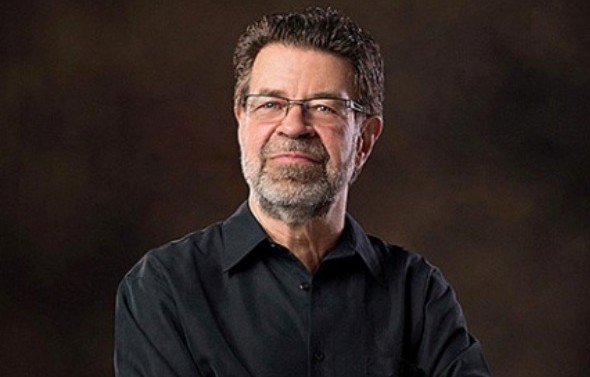Voiceover Advice You Don’t Go For
As if the internet wasn’t enough, social media exploded providing even more avenues for every voice and opinion from anyone who has access to it. Depending on what the most recent event is, say a boxing fight or a basketball game, we have all sorts of ‘experts’ coming in and posting their two cents on a tweet or a newsfeed. We know to regard information shared through the internet carefully, first of all considering the source and comparing these to our own experiences and to what we already know. Voice over is one of those fields where information and proper advice is hard to come by but we’ve put together a small list gathered from experts in the voiceover industry.
- When someone tells you that you have a good voice, you should go to voice acting!
This is easily one of the poorest advice given by one person to another. A good voice is not the only requirement in voice acting or to be a good voice actor. Patience, tenacity, receptive to feedback, a creative spirit, an engaging personality and possession of good work ethic are but some of the other qualities needed to succeed as a voice over talent. Let’s put it this way, imagine yourself in a recording studio and you have just read off a few sentences in what you were told was a stellar sounding voice but you were asked to repeat a sentence because they thought your intonation when you read it was not right – how will you be? Or, you are given a direction on how to read a script and it is not how you usually do it – how will you be?
- When someone tells you that all you have to do is to listen to radio and TV commercials and you’ve got it.
Unless perhaps anyone has had a degree or extensive experience in advertising – how do you know a commercial and the acting or voice over in it is good or bad? You could be mimicking somebody’s bad acting or voice over acting. Basically, there is a complexity on how commercials are developed and how companies and advertising agencies get together to achieve their marketing goals. Unless you have that knowledge, you are limited only to what you understand and if you confine development of your voice over acting to it, it will not amount to much.
- When someone tells you that all you have to do is create a demo and you’re good to go.
Your demo is your calling card, also sometimes thought of as your initial interview for the job. It needs to be able to show off your vocal range and other voice attributes and all these are acquired through patient training and coaching. Now, one might be able to get someone to help them create an amazing demo – but – you need to make sure that what you have been able to display in your demo, you can consistently prove and deliver in the off chance someone hires you for a voice over gig. Other wise you would be written off as just that – someone with great demo but cannot deliver in an actual project.
- When someone tells you that conferences are a waste of time and money.
 Conferences are not new and are not confined to the voice over industry. There are conferences for lawyers, doctors, nurses, advertising agencies, chefs and many other professions. Most industries have them as it provides a venue to share best practices, updates relevant to their field, and fosters a creative atmosphere towards innovation, and also allows you to gauge the market. Most, if not all conferences cost money, and while granted, there might be scams, all you have to do if interested in joining but are hesitant to do so, is to research on the conference – since when was the conference being held, who is the company behind it and check if it is a legitimate body, etc.
Conferences are not new and are not confined to the voice over industry. There are conferences for lawyers, doctors, nurses, advertising agencies, chefs and many other professions. Most industries have them as it provides a venue to share best practices, updates relevant to their field, and fosters a creative atmosphere towards innovation, and also allows you to gauge the market. Most, if not all conferences cost money, and while granted, there might be scams, all you have to do if interested in joining but are hesitant to do so, is to research on the conference – since when was the conference being held, who is the company behind it and check if it is a legitimate body, etc.
- When someone tells you that you do not need an agent.
Agents risk their time, reputation and resources to find voice over talents auditions and then risk them again when sending a voice talent out to them. They throw in their resources looking to build you a name, show you the ropes to build your career and reputation and do your marketing for you. Back in the day, casting directors and advertising agencies don’t waste their time with voice actors not represented by agents. It might be a bit different today but even so, advertising agencies and casting directors still call the agent before they talk to the voice talent if they would at all. Most times times these days, too, agents don’t get paid until a voice actor has booked the job and delivered the recording. It is best to focus your efforts in booking and delivering the job and keep on improving while your agent handles the marketing and payments for you.
There’s more to this, to be sure. We would more than welcome any other myths from our experienced and professional voice talents by adding them to the comments below.















